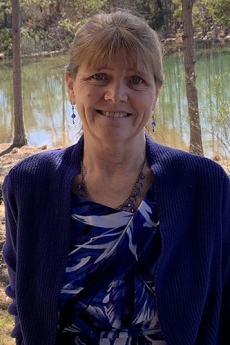A record number of homebuyers are fleeing major cities for more affordable options in other metro areas, according to Redfin’s latest report on housing migration trends. San Francisco is the number one city U.S. homebuyers are looking to leave, followed by Los Angeles, New York, Washington D.C. and Seattle, to round out the top five.
As more people consider relocating for a number of reasons, one professor at the George Washington University says it’s time for real estate professionals to consider revamping city spaces to better suit the evolving needs of a post-pandemic workforce and community.
 If you would like more context on this matter, please consider Elaine Worzala, a professor of real estate and the chair of the Center for Real Estate and Urban Analysis at GW. Professor Worzala co-authored a piece in The Property Chronicle about the “S” in ESG (Environmental, Social and Governance). She says Covid lockdowns have changed the way people work and live, and with that comes important lessons about how the work culture and planning/development processes may not be effectively cultivating healthy, livable communities.
If you would like more context on this matter, please consider Elaine Worzala, a professor of real estate and the chair of the Center for Real Estate and Urban Analysis at GW. Professor Worzala co-authored a piece in The Property Chronicle about the “S” in ESG (Environmental, Social and Governance). She says Covid lockdowns have changed the way people work and live, and with that comes important lessons about how the work culture and planning/development processes may not be effectively cultivating healthy, livable communities.
In the article, the co-authors write:
“So, instead of trying to come up with new exotic amenities to lure employees back to our city centres, real estate professionals need to focus their energy on revamping/redesigning/reusing our inner cities to make them more hospitable and more habitable. By live, we mean affordable and reasonably sized homes or flats; a shoe-box sized space does not work for a family of four. This family also requires good quality childcare centres and schools. People want close proximity to grocery stores, medical offices, pharmacies, senior housing/elder-care facilities, and even toy stores and dog-care services. By play, we don’t just mean a gym, bar or a yoga studio. We mean parks and recreation facilities for adults and kids to play and people to connect outdoors. For work, there has to be quality space with access to natural light and areas to work quietly, but also collaboratively. In short, we need to create space that is more flexible and hospitable. No longer will a sea of cubicles attract or retain a talented workforce.”
If you would like to speak with Professor Worzala, please contact GW Media Relations Specialist Cate Douglass at cdouglass gwu [dot] edu (cdouglass[at]gwu[dot]edu).
gwu [dot] edu (cdouglass[at]gwu[dot]edu).
-GW-

